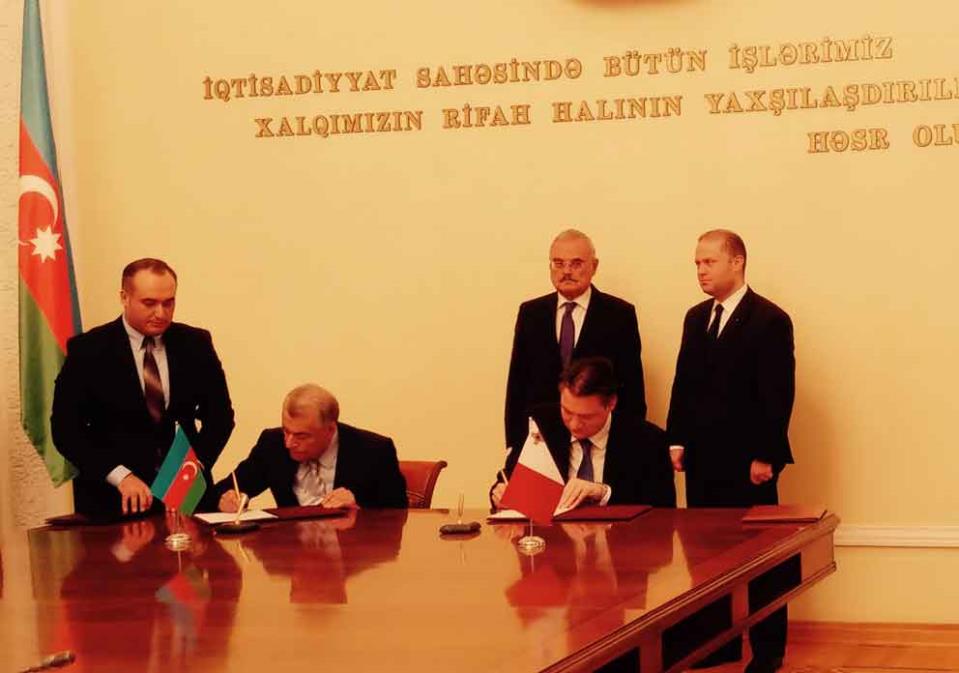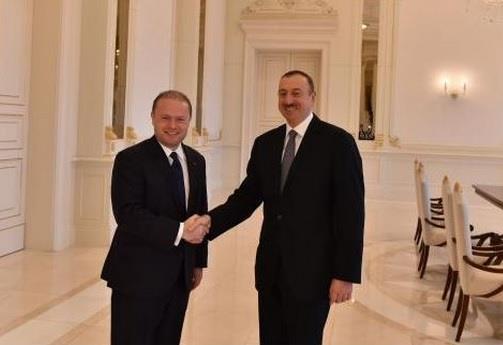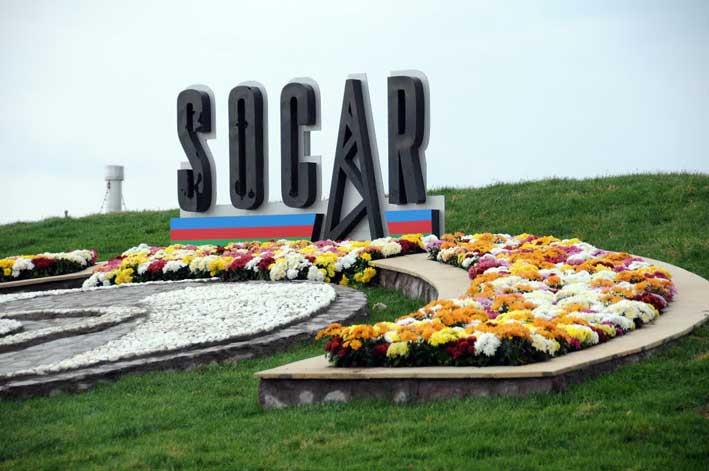Despite introducing new laws and pledging to crack down on corruption, Azerbaijan has in reality done very little to tackle the widespread problem, according to a GRECO report.
Azerbaijan joined Greco – the Group of states against corruption – in 2004. This is the fourth round of evaluations, focusing exclusively on Parliament, the judiciary and prosecutors. The Maltese government has been criticised for dealing with the former Soviet-bloc country, where corruption by the political elite is rife.
The report says that the level of corruption perception has remained stably high in the last decade. Corruption is often referred to as being a systemic problem that broadly affects society.
“Despite some serious efforts undertaken since 2011 to tackle low level public sector corruption there is little evidence of it being pursued with determination among the political elite and the upper echelons of the public service. Although the principles of independence and separation of powers are enshrined in the Constitution and key laws, the institutional set up grants particularly strong powers to the President and the executive, which exercise considerable influence on the legislature and the judiciary, including the Prosecutor’s Office. This creates an environment lacking transparency and prone to political favouritism and corruption.”
GRECO said another factor, which is common to all three groups, is the lack of controls on accessory activities and asset disclosure as well as on MPs’ conflicts of interest. The law on asset disclosure adopted in 2005 is still not enforced.

Although the government consists of three branches of power, the institutional set up grants particularly strong powers to the President who since June 2012 enjoys lifetime immunity from criminal prosecution, and to the executive. Given the allegiance of the parliament and the judiciary to the ruling government , safeguards against graft and political favouritism remain insufficient.
“The political system is generally assessed as being paternalistic and patronage-based and the links between political and business interests appear to be significant.”
The GET (Greco evaluation team) was told that senior government officials and members of parliament and their families are known to run private businesses and, generally, to wield significant influence on the economy, having monopolised most of the countries’ industries.
The fight against corruption has been an officially proclaimed objective, nevertheless processes in this area have been ambivalent and the implementation of the official anti-corruption policy has been uneven. Although some high-ranking officials have been dismissed on account of bribery, very few have been prosecuted.
“Last, but not least, the absence of an effective opposition to the ruling New Azerbaijan Party has limited the possibility of parliamentary oversight over the fight against corruption, while state control, restrictions on and self-censorship of the media have curtailed public debate and exposure of corrupt and unethical practices among the ruling elite, including members of parliament and judges, in particular.”
The report says that, of the three professional groups under review, the judiciary, in particular, is believed to be tainted by nepotism, cronyism, and corruption. 42% of respondents of a 2013 Global Corruption Barometer said they perceived the judiciary as being an extremely public institution where the courts are subject to political and commercial interference.

President Ilham Aliyev
Azeri President Ilham Aliyev was named by the Organized Crime and Corruption Reporting Project (OCCRP) as Person of the Year in 2012. The ‘honour’ was bestowed on him after "well-documented evidence" revealed that "his family has secret ownership stakes in the country’s largest businesses including bank, construction companies, gold mines and phone companies".
According to International Consortium of Investigative Journalists, Aliyev's family has been a shareholder of big offshore companies. Aliyev's two daughters reportedly share a property portfolio of about £50 million across Dubai, Paris and London. His 11-year-old son in Dubai owns "nine waterfront mansions" with a total price of "about $44 million, “roughly 10,000 years' worth of salary for the average citizen of Azerbaijan".

SOCAR
Perhaps Malta’s best known links with the former USSR state are its fuel hedging deals with SOCAR – the State Oil Company of Azerbaijan Republic.
The company’s lack of transparency and accountability were revealed by a 2013 report by UK-based Global Witness NGO, which said that millions of dollars of revenue disappear into the hands of obscurely owned private companies that cooperate with SOCAR.
Global Witness names millionaire businessman Anar Aliyev as one of these persons. He owns stakes in at least 48 deals with SOCAR, with his profits amounting to US$375 million over five years, while no information could be obtained about him.
The report by Global Witness concludes that the opacity of the deals struck by SOCAR "is systemic" and adds, “These findings should be of great concern to the international community as a whole. Azerbaijan is a major fuel source for the EU, which needs the former Soviet state to maintain a transparent and well-run energy industry. “Yet this briefing shows that much of the oil business in Azerbaijan remains opaque, and corruption is still perceived to be at epidemic levels," the Global Witness report said.
SOCAR has denied the findings of the report, even creating a new website specifically for replying to Global Witness’ accusations.